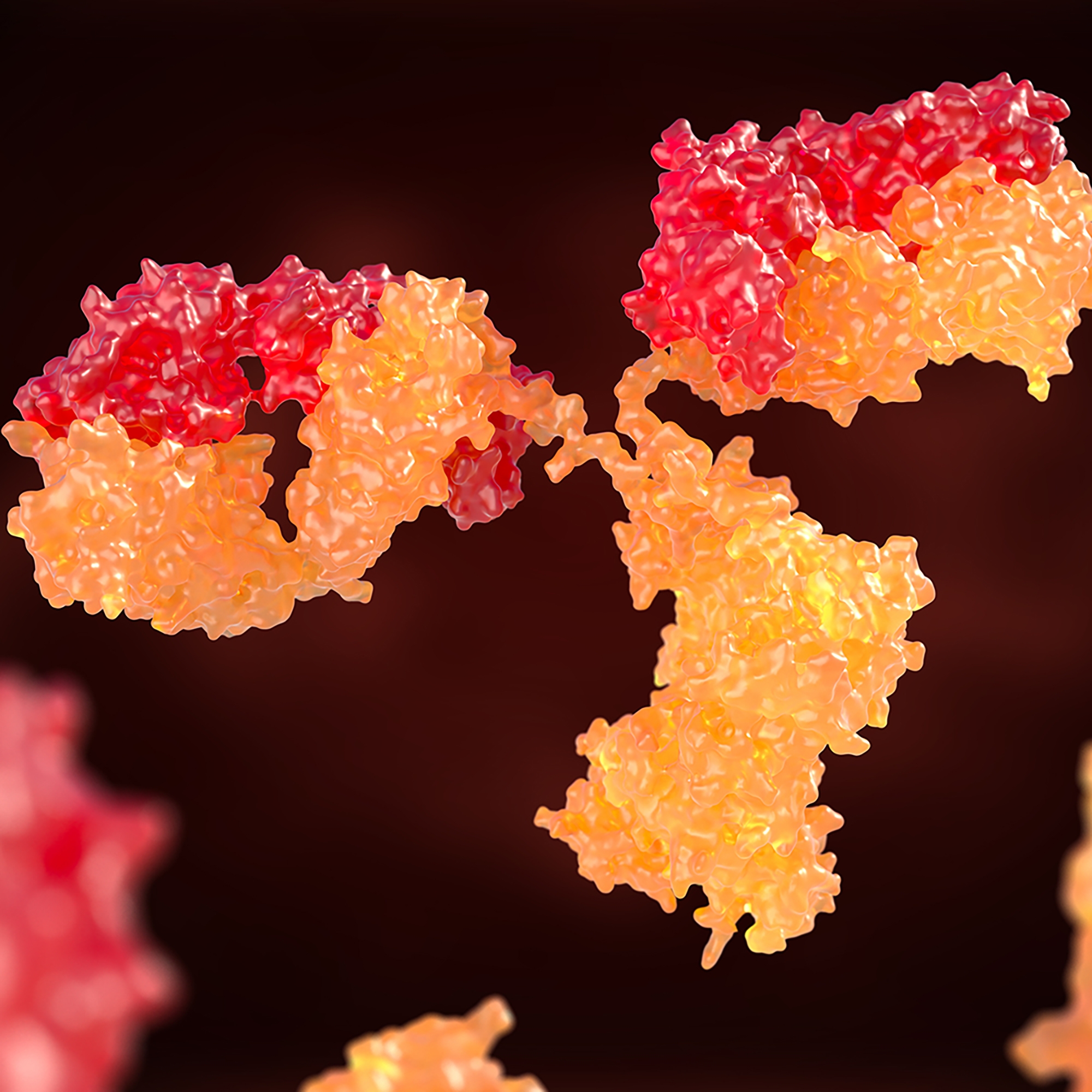
By: Pranav S. & Vishnu M.
Year: 2021
School: Irvine High
Grade: 11
Science Teacher: Neetu Toura
The purpose of this software was to design a tumor suppression immunotherapy from tumors identified by medical scans (CT and MRI). This was done utilizing CAR-T cells, a type of lymphocyte that targets and kills rapidly dividing tumor cells. Normal T-cells target and attack foreign bodies by matching antigen receptors to antigens, which then release toxins that kill cells. Cancer cells can often “hide” themselves from T-cells if they do not carry certain antigens, which allows for unrestricted growth of a tumor. Chimeric antigen receptors, abbreviated CAR, are genetically engineered T-cells that contain unique receptors that specifically target antigens on the surface of cancer cells. CAR-T therapy has worked well in treating cancers of the blood, because the cancer cells have clear, different antigens than the regular tissue. However, CAR-T treatment in solid tumors is not as common because identifying unique antigens in tumor cells can be difficult. The aim of this study is to isolate the tumor-specific antigens given a certain tumor, and outputs an immunotherapy plan. This includes both the antigen receptors required for the CAR-T therapy as well as different base-editing techniques to genetically modify healthy T-cells into CAR-T cells that can be used to treat patients. This program has two major avenues both in the research and health provider domain. The scan analysis utilizes machine learning to identify tumors from scans which can then be used to develop immunotherapy on the healthcare end. In the research domain, CAR-T therapy researchers can evaluate approaches to treating different solid tumors.
The problem is a lack of ability to treat solid tumors effectively using CAR-T cell therapy. Pranav and Vishnu created a program that can identify tumors from medical scans (CT, MRI, GI tract imaging) as well as a data crunching algorithm that devises an immunotherapy plan from the input of a tumor and base-editing preferences. Using this software, health providers can efficiently parse an image of a scan and determine the course of immunotherapy to kill tumor cells.
Results:
After completing the research, design, implementation, and revision processes, the final product was developed. The final product contains a machine learning algorithm for the classification of tumors as well as a program that designs immunotherapy based on tumor-specific antigens. The CAR-T therapy engineering program covers the following cancers: Acute Myeloid Leukemia, Adrenocortical carcinoma, Bladder Urothelial Carcinoma, Brain Lower Grade Glioma, Breast Invasive Carcinoma, Cervical squamous cell carcinoma and endocervical adenocarcinoma, Cholangiocarcinoma, Colon adenocarcinoma, Esophageal carcinoma, Glioblastoma Multiforme, Head and Neck Squamous cell carcinoma, Kidney Chromophobe, Kidney renal clear cell carcinoma, Kidney renal papillary cell carcinoma, Liver hepatocellular carcinoma, Lung adenocarcinoma, Lung squamous cell carcinoma, Lymphoid Neoplasm Diffuse Lange B-cell Lymphoma, Mesothelioma, Ovarian serous cystadenocarcinoma, Pancreatic adenocarcinoma, Pheochromocytoma and paraganglioma, Prostate adenocarcinoma, Rectum adenocarcinoma, Sarcoma, Skin Cutaneous Melanoma, Stomach adenocarcinoma, Testicular Germ Cell Tumors, Thymoma, Thyroid carcinoma, Uterine Carcinosarcoma, Uterine Corpus Endometrial Carcinoma, and Uveal Melanoma. The classification algorithm covers the following screens for cancer: Brain Tumor MRI, Malignant and Benign skin cancer from skin imaging, Lung cancers from CT scans, Stomach cancer from GI tract images, and digital pathology imaging for Breast cancer.
